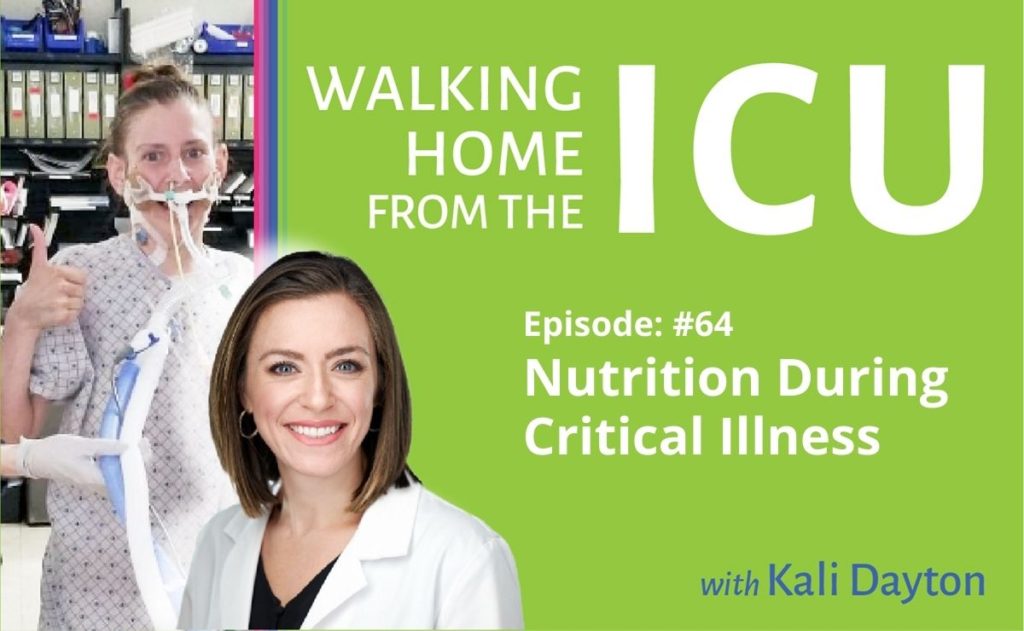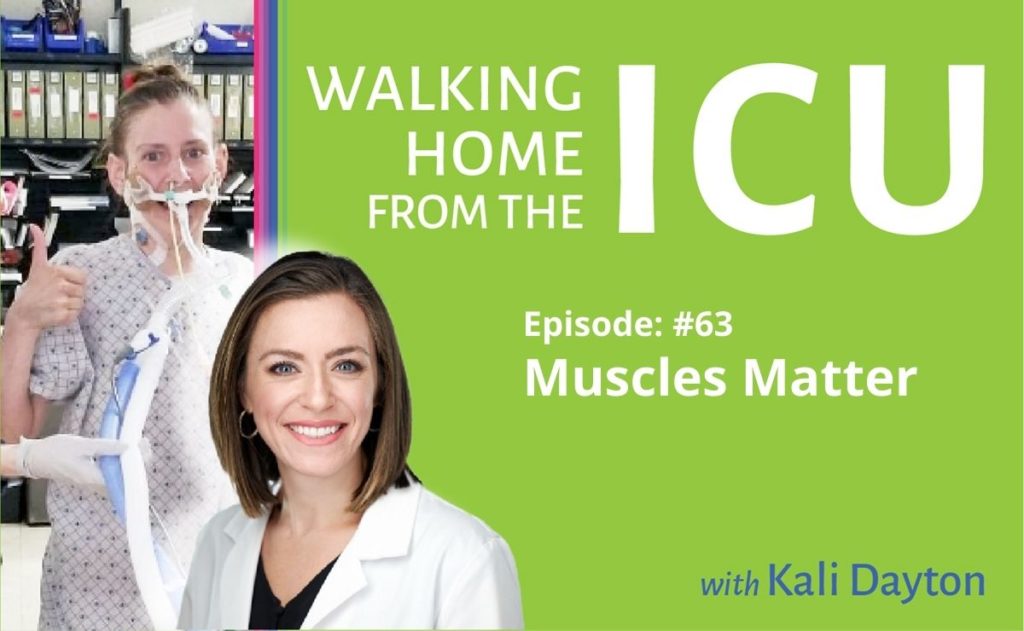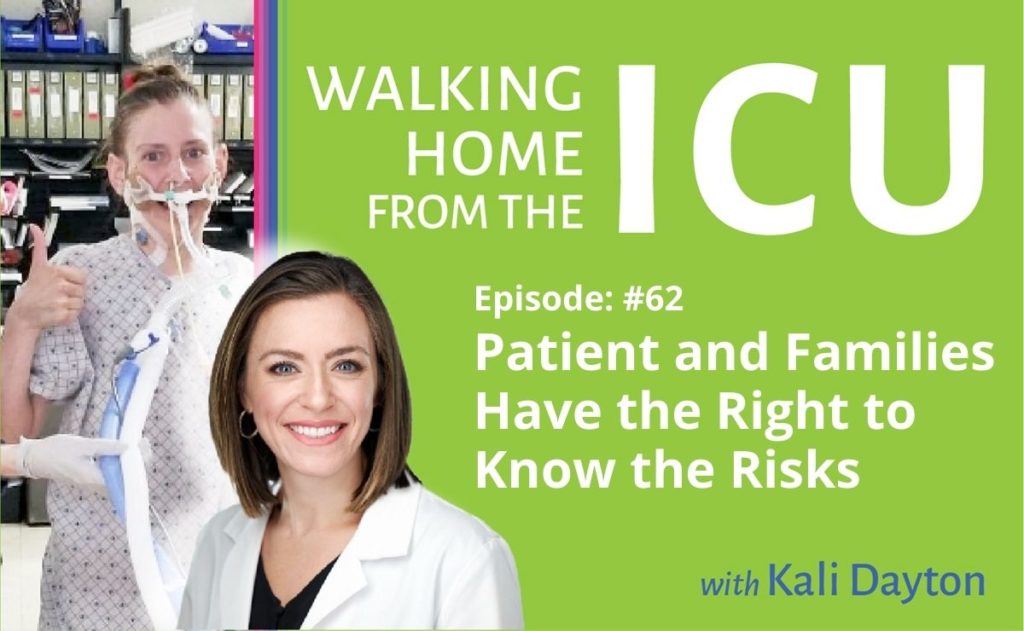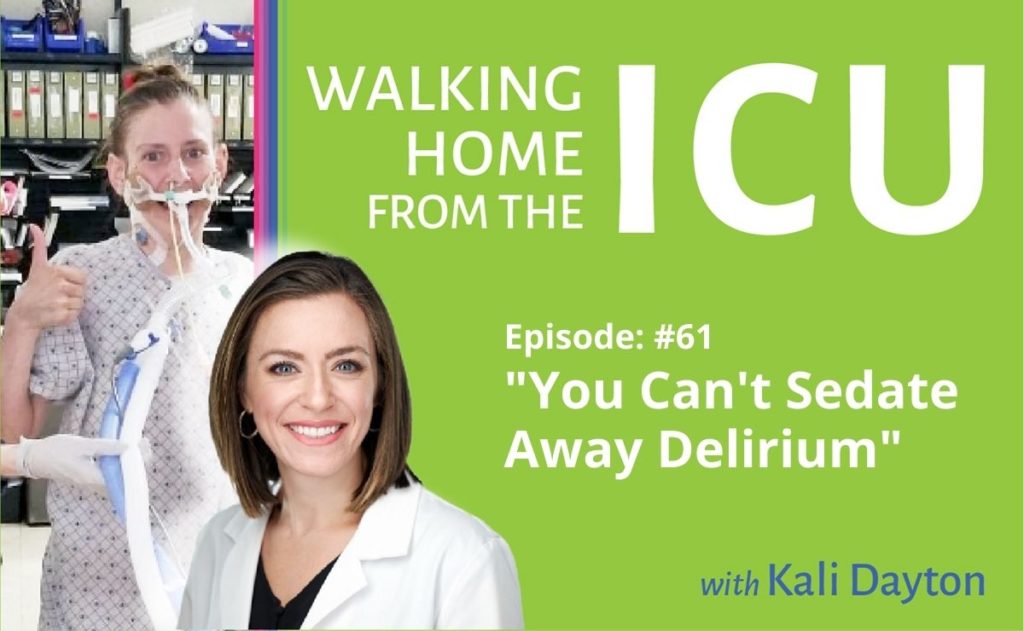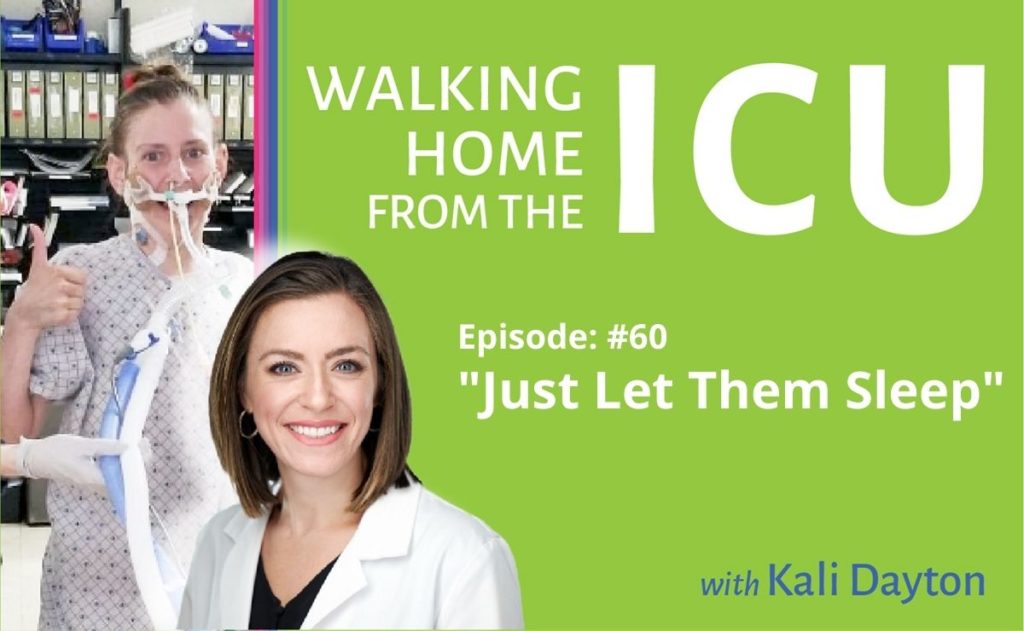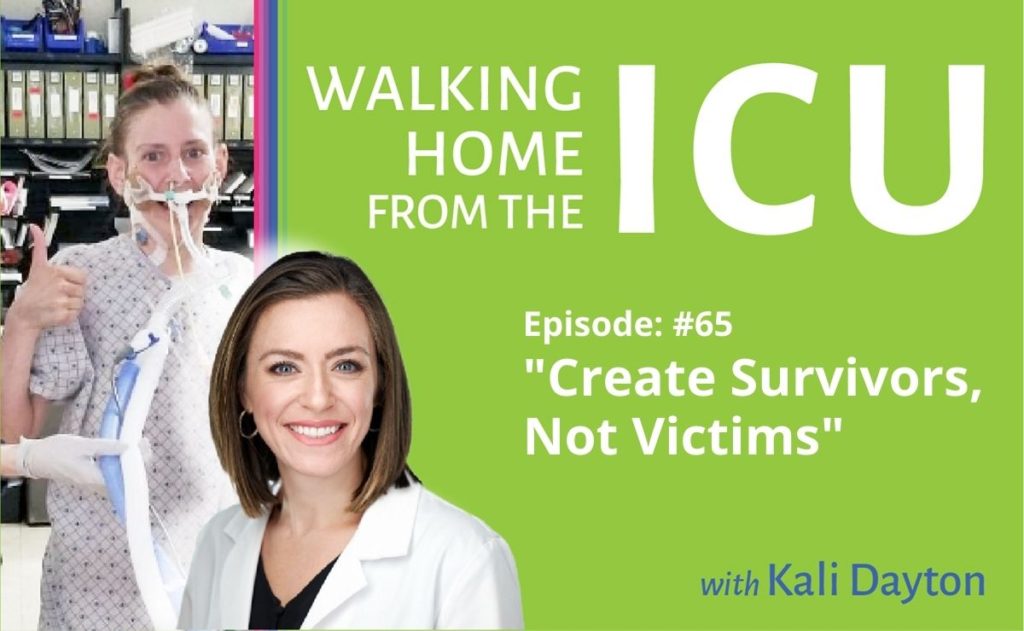
Walking Home From The ICU Episode 65: “Create Survivors, Not Victims”
Jeroen Molinger, MSc brings the research to the bedside. He ties together the importance of muscle maintenance, nutrition, and how to create survivors not victims. Episode Transcription Kali Dayton 0:01 Jeroen, thank you for being with us again. I know I’m taking a lot of your time. But I think we all really appreciate
Learn More > from Walking Home From The ICU Episode 65: “Create Survivors, Not Victims”
